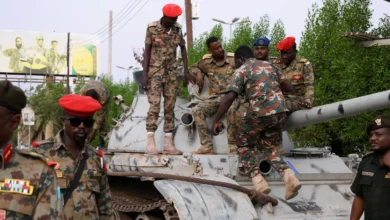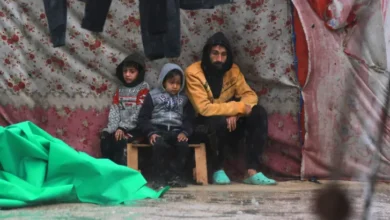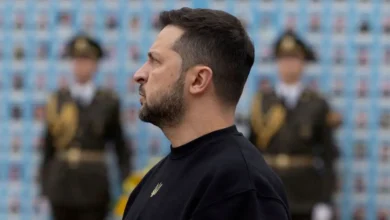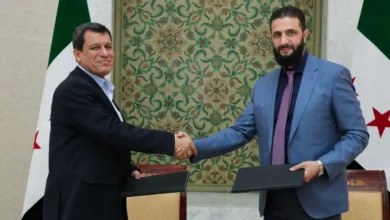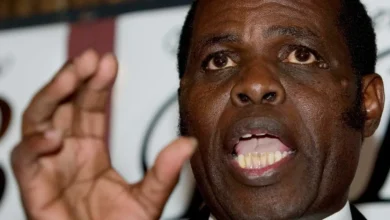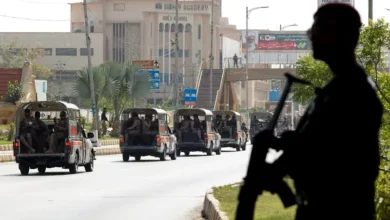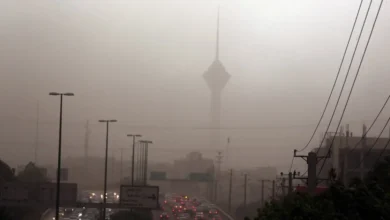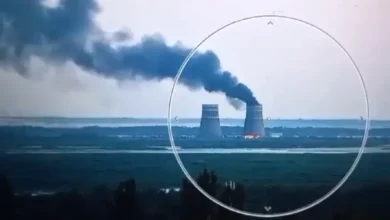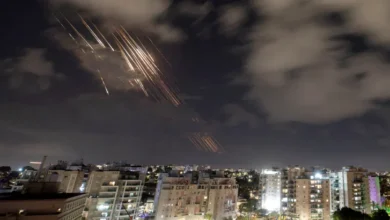Sierra Leone imposes nationwide curfew after military barracks attacked
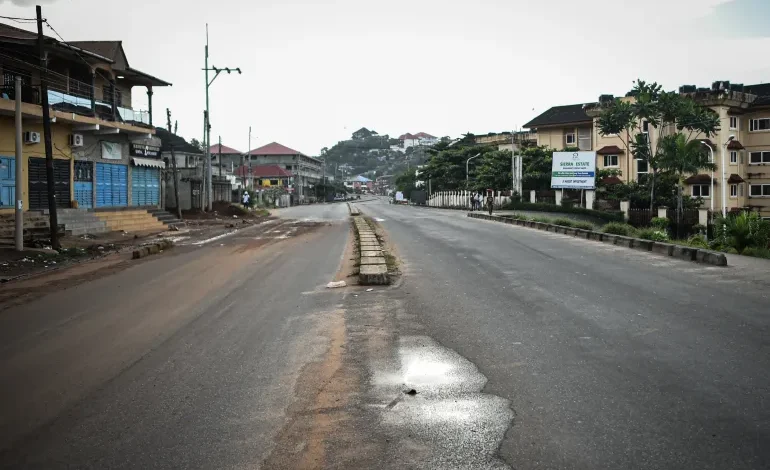
Sierra Leone has declared a nationwide curfew after gunmen attacked a military barracks in the capital, Freetown, according to a government statement.
Sierra Leone’s government on Sunday said they had repelled the attack at the military’s main Wilberforce barracks and were in control of the situation. The government advised citizens to shelter indoors as it carried out a manhunt for the suspects.
Witnesses told the AFP news agency they heard heavy gunfire and explosions in the capital early on Sunday morning, while a video shared on social media appeared to show plumes of smoke rising from the streets.
Other witnesses said they heard exchanges of fire near a barracks in Murray Town district, home to the navy, as well as outside another military site in Freetown, AFP reported.
Government ‘in control’
Information Minister Chernor Bah assured the public in a statement on Sunday that “the government and its state security forces are in control”. Bah urged citizens to “stay indoors” as security forces “continued the process of apprehending the suspects”.
Sierra Leone’s president Julius Maada Bio confirmed the security breach in a statement on his official X social media account Sunday, blaming a group or “renegades” for the attack.
Bio said calm had been “restored” and security forces were continuing to “to root out the remnant of the fleeing renegades”. He urged all citizens to unite to protect democracy in the West African country.
“The PEACE of our beloved NATION is PRICELESS and we shall continue to protect the peace and security of Sierra Leone against the forces that wish to truncate our much-cherished stability,” said the post.
Growing unrest
Sierra Leone has seen political violence and unrest since the re-election of President Julius Maada Bio in June.
That election was the fifth since the end of Sierra Leone’s brutal 11-year civil war — more than two decades ago — which left tens of thousands dead and destroyed the country’s economy.
International observers condemned a “lack of transparency” in the ballot count and Sierra Leone’s opposition party initially disputed the results and boycotted the government.
Five months since Bio’s election victory, he continues to face criticism because of debilitating economic conditions. Nearly 60% of Sierra Leone’s population of more than seven million are impoverished, and youth unemployment is among the highest in West Africa.
